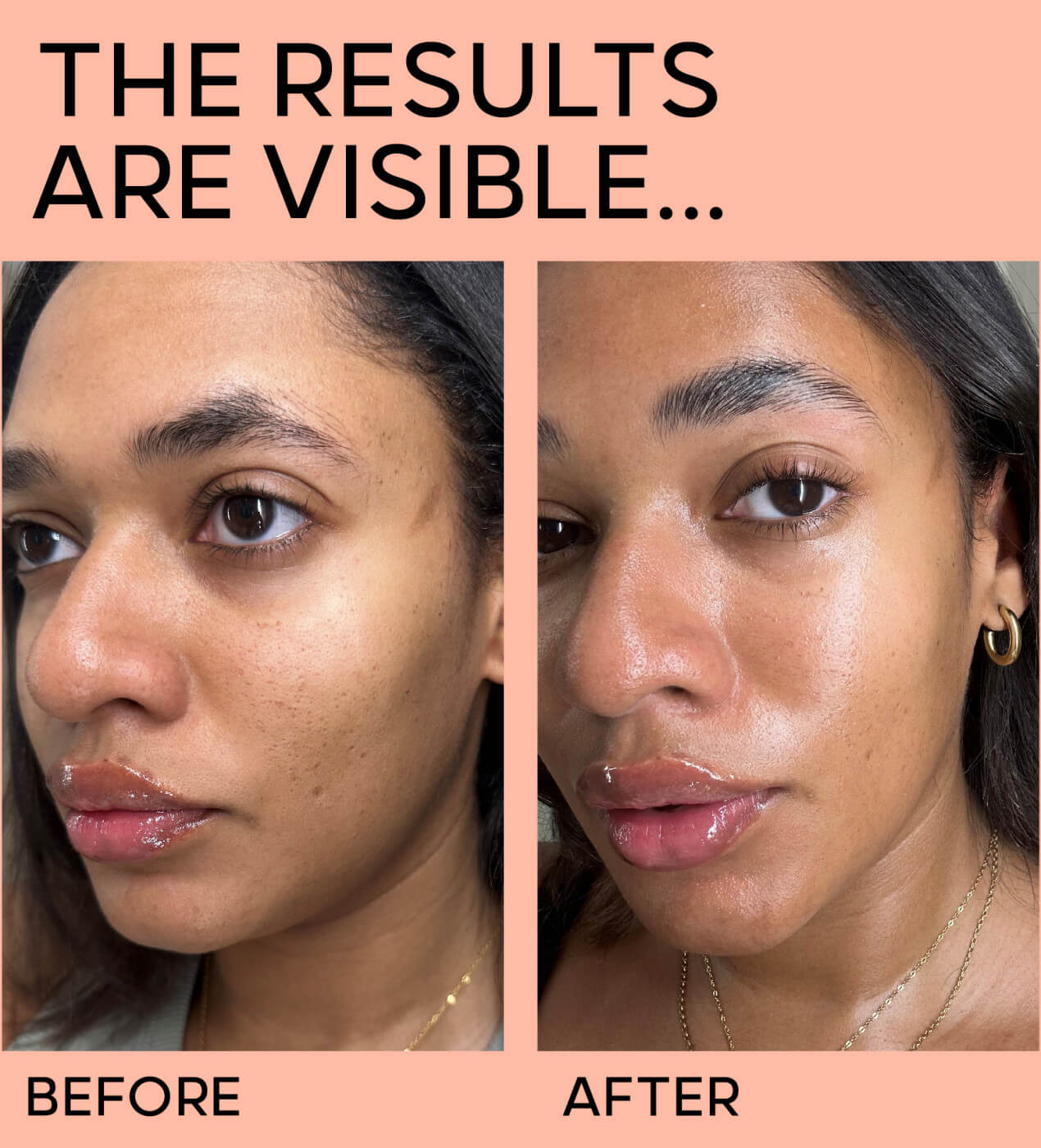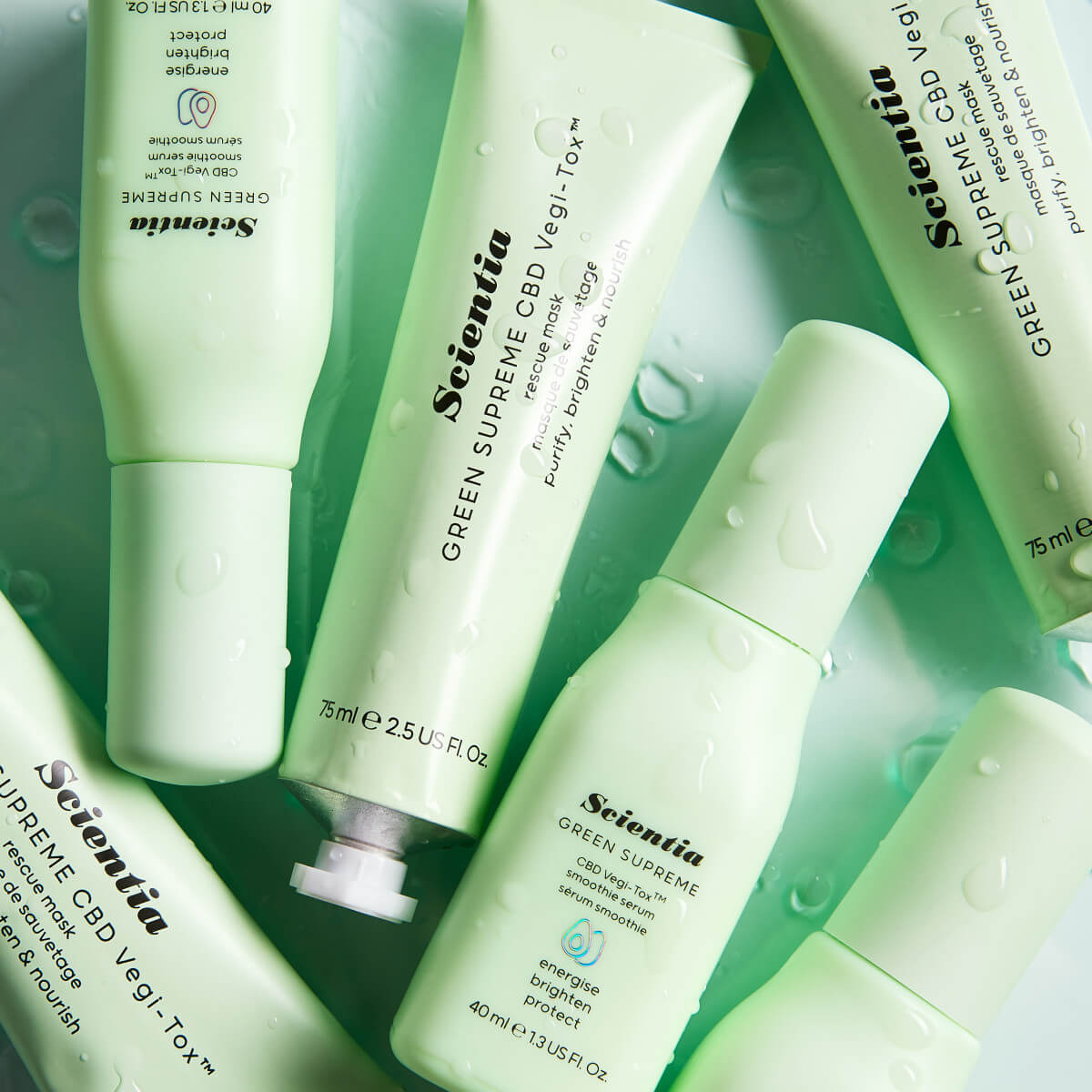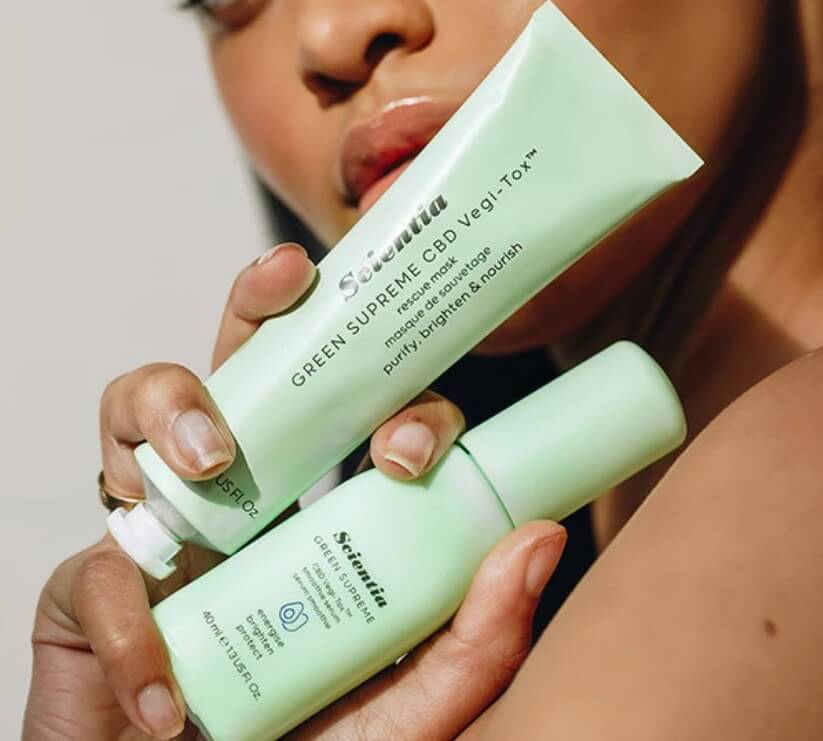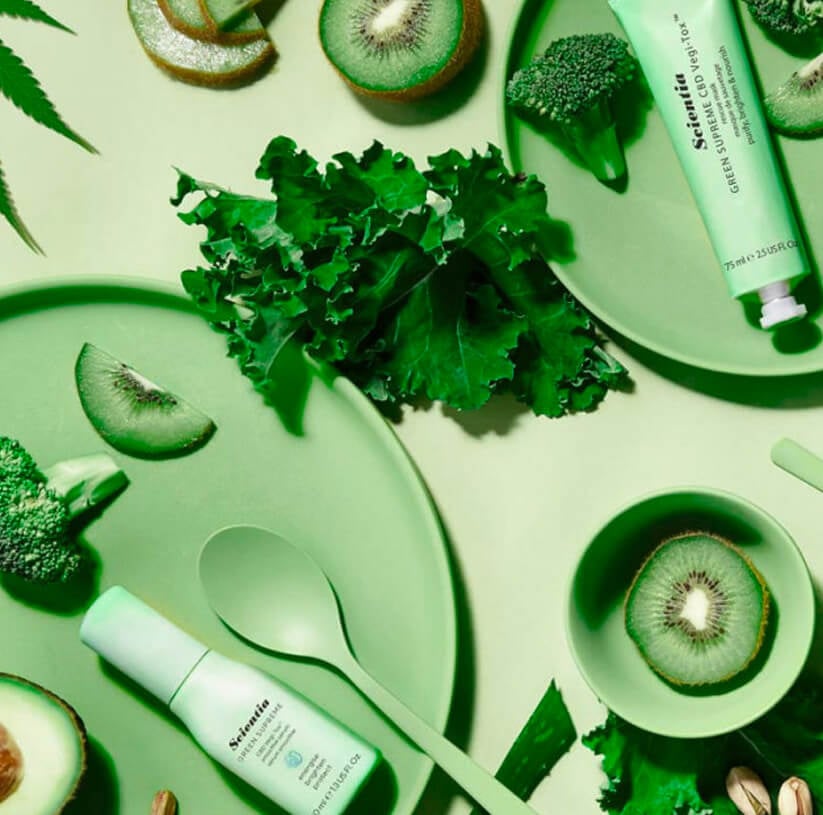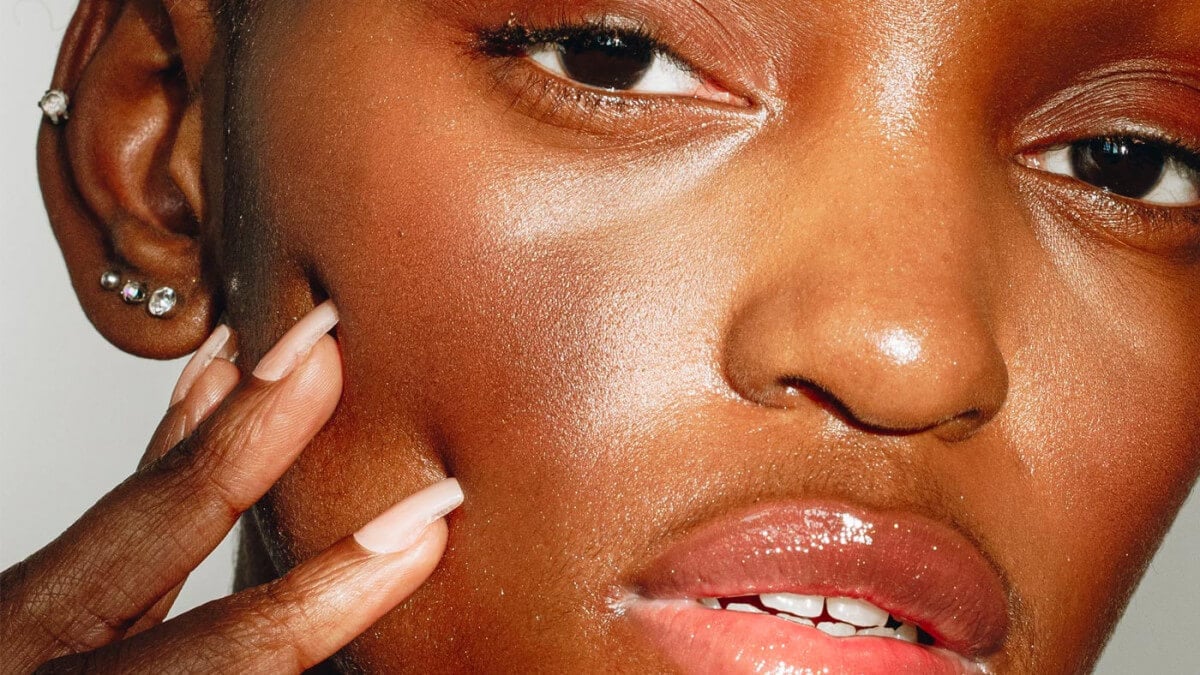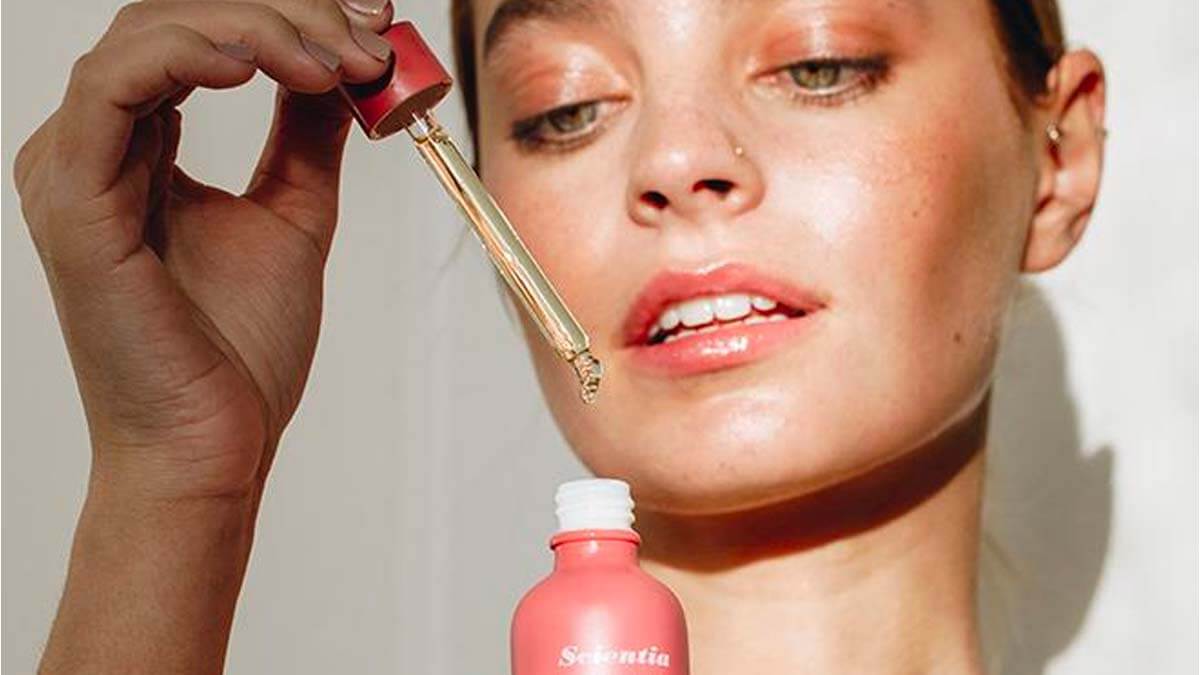It’s the buzzword everyone’s going on about right now- the moisture barrier- but what actually is it and can you repair your moisture barrier if it gets damaged?
Being thick skinned… it’s a great metaphor for a way of being, but it’s also pretty literal when we're talking about your moisture barrier. It probably doesn’t seem like it, but your skin is constantly hard at work and that uppermost layer, the moisture barrier, is the one that works the hardest. There to protect your skin and shield it from potential problems, when this barrier gets weak, skin gets sensitive. A thin, weak or damaged skin barrier allows irritants in, or simply irritates more easily, so keeping that barrier strong and building it up is vital for skin health.
What is the Moisture Barrier?
Your moisture barrier is the outermost layer of the skin that provides protection, helping to retain natural oils and nutrients, and moisture, preventing moisture loss (which can lead to dehydration) ensuring skin looks and feels supple, plump and ultimately… hydrated.
The skin epidermis is made up of five layers. The outermost layer is the stratum corneum, actively shedding dead skin cells. It works to keep good stuff in and bad stuff out. Essential water and electrolytes are sealed in, which keeps skin looking smooth and dewy. At the same time, it protects skin from dehydration and repels irritants in the air, preventing sensitivity.
How do I know if my Moisture Barrier is damaged?
If skin looks and feels rough, dull, flaky, inflamed, red, or itchy, you may have damaged your moisture barrier (although there can be other causes for those symptoms as well.) You might even be experiencing more breakouts than usual. The same lifestyle factors that can affect your skin overall can be damaging: not drinking enough water or drinking too much alcohol or caffeine. Environmental factors, like too much sun or wind. But things like using too strong acids or retinols too frequently can also cause a lot of harm. It's one of those things that A LOT of us do- see skin that's flaky- bring out the acids! But they could be doing more hard than good. Surprisingly (or maybe not) simply not moisturising enough can also cause similar damage.
Can you repair your moisture barrier?
Enter the Scientia Ceramide Skin Rescue Moisture Barrier Balm. (For those of you in the know you might recognise it as the ceramide launch Nadine Baggot was raving about!)
Replenishing, restorative and all about strengthening the moisture barrier, help comfort and rebuild stressed-out skin with this protective ceramide-rich skin rescue balm.
A complex of 5 barrier boosting Ceramides Hyaluronic Acid, fatty acids and lipids mimic the skin’s natural building blocks, helping to restore and rebuild the skin barrier function, whilst locking in and retaining moisture.
Mother Nature brings Jojoba, Watermelon, Aloe, Baobab and Kalahari Melon to help plump and smooth, improving elasticity whilst rebuilding the skin’s protective layer. For comfortable, dewy skin that’s drenched in moisture, healthy, restored and glowing.
Moisture Barrier Balm

£28.00
Drench skin in a cooling veil of hydration that instantly soothes irritation… Replenishing, restorative and all about strengthening the moisture barrier, help comfort and rebuild stressed-out skin with this protective ceramide-rich skin rescue balm. A complex of 5 barrier boosting… Read More
How do I know if my moisture barrier is repaired?
In short, you’ll know your barrier is on the mend when those above symptoms (flakiness, roughness, and itchiness) start to disappear.
In a nutshell, the skin's moisture barrier helps the skin to retain moisture, specifically water. The barrier works to keep good stuff in and bad stuff out. To look after your moisture barrier you need to stay hydrated on the inside and out - aka drink lots of water and use the right skin care- it’s as simple as that! Just one thing to note, if you do have underlying skin disease or severe skin damage, it may be hard to repair at home, so you should probably go see your dermatologist who can analyse barrier function using a measurement called Transepidermal Water Loss (TEWL) and offer an expert treatment plan. In the meantime, keep hydrating!
![Scientia Beauty [see-en-cha]](http://scientiabeauty.com/cdn/shop/files/Scientia-awareness-web_230x.jpg?v=1656663400)
